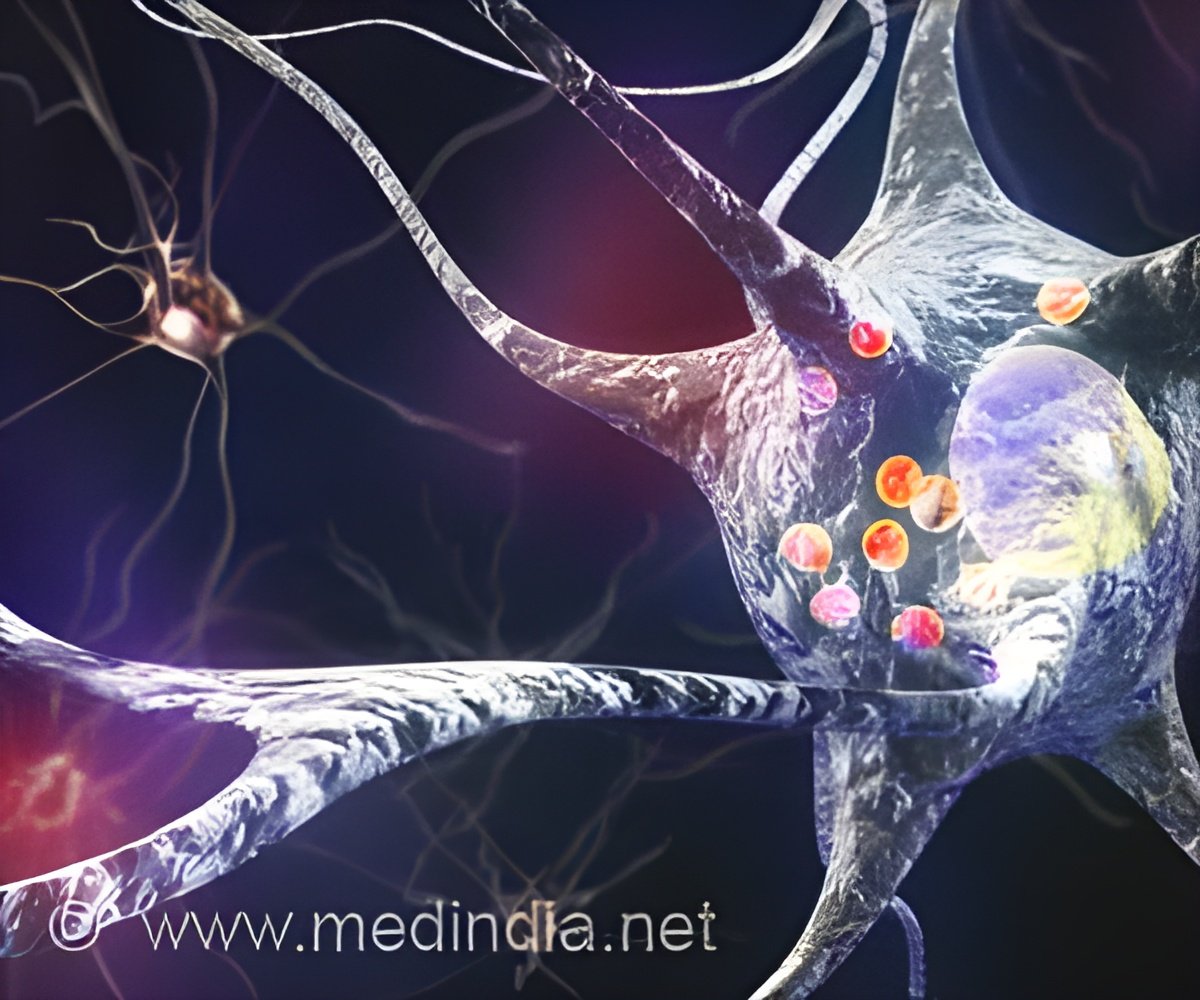Chemotherapy for cancer, causes calcium leaks, called "Chemobrain" impairing cognitive function and this aids develop new drugs to treat cognitive impairment.

Targeting ryanodine receptor type 2 to mitigate chemotherapy-induced neurocognitive impairments in mice
Go to source) These findings were enumerated in a new study conducted by researchers from Columbia University Vagelos College of Physicians and Surgeons and the University of Texas MD Anderson Cancer Center.
Chemotherapy Induced Calcium Leaks in Brain Spurs ’Brainfogging’
Calcium serves as a crucial messenger in cells throughout the body and enables us to think, move, and process nutrients. But as with any good thing, calcium only works well in moderation.TOP INSIGHT
In addition to helping cancer patients receiving chemotherapy, treating chemobrain also benefits people with other medical conditions that impair cognitive function. #brainfog #chemobrain #cancer #chemotherapy #cognitivefunction
This leak of calcium was first discovered in heart failure but has also been linked to cognitive decline that accompanies heart failure, post-traumatic stress disorder, long COVID, and Alzheimer’s, based on findings from the lab of Andrew Marks, MD, chair and professor of physiology & cellular biophysics at VP&S and co-senior author of the new study.
When the NIH announced an initiative to fund research on the understudied phenomenon of chemotherapy-induced cognitive impairment, Marks and his collaborator, endocrinologist Theresa Guise, MD, of MD Anderson, decided to investigate whether calcium leaks could be responsible for this type of cognitive impairment as well.
The team tested the idea in mice and found that a chemotherapy treatment causes calcium leaks in the brain and neurocognitive dysfunction in mice with breast cancer and in healthy mice. The leaked calcium inside cells, the team found, impairs neuronal function.
The good news is that an experimental drug under development in the Marks lab was able to reduce both the calcium leak in the brain and neurocognitive symptoms in mice. Marks and his team hope that a clinical trial is soon to come, as there is currently no treatment for this common and distressing impairment.
Reference:
- Targeting ryanodine receptor type 2 to mitigate chemotherapy-induced neurocognitive impairments in mice - (https://pubmed.ncbi.nlm.nih.gov/37756377/)
 MEDINDIA
MEDINDIA




 Email
Email










